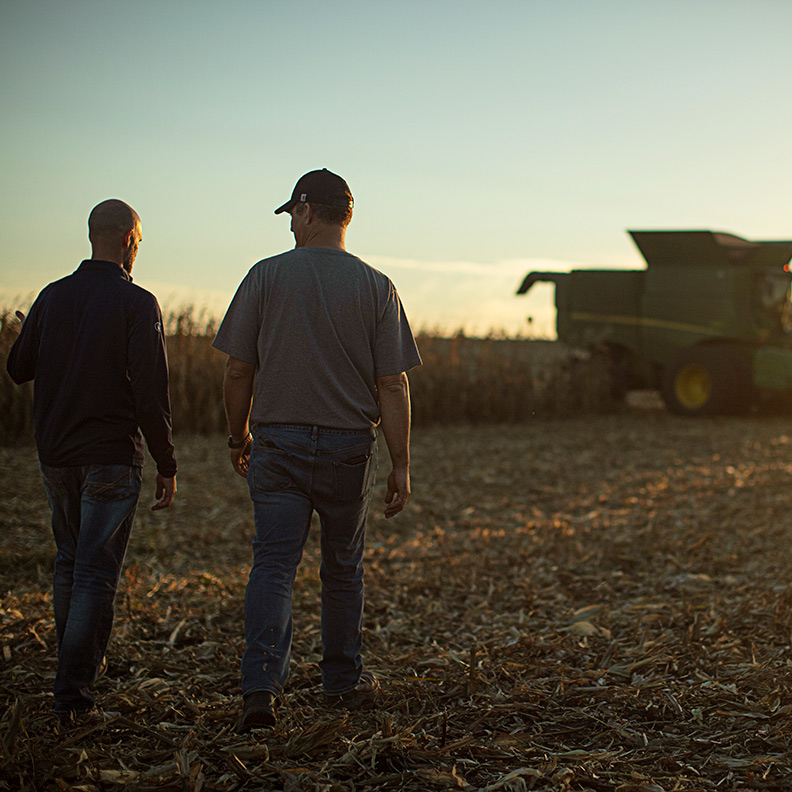The thought of selling your farm likely triggers a range of emotions. Many farmers take pride in the passion they pour into their operations, and as a result, it’s common to see them own their farms for multiple decades. When you’re that invested into your work, it can be hard to move on.
However, there comes a point where you need to think about your farm’s future as well as your own, and that’s where a transition plan comes into play. An effective transition plan can make this emotional time as smooth as possible. It can also help ensure that the farm is set up for success in the years to come. Let’s explore how to make this happen.
What goes into a farm transition plan?
A successful plan begins with an honest conversation about the farm’s future. Often, a big part of this discussion revolves around whether the operation will transition to family members or be sold to someone else.
Many farms are family businesses, so you may have a natural successor or two already in mind. Your plan should clearly define this succession while also ensuring the fair treatment of all family members, including those who may not be involved in day-to-day operations.
A good plan also dives into the weeds when it comes to a farm’s finances. First, be sure to accurately assess where the operation stands today and identify any current issues on the balance sheet. Next, take a look down the road. What is the farm’s financial outlook in the years ahead? If funding might be a problem, your plan can incorporate provisions around selling off assets, such as equipment, livestock, crops and land. You can also explore leasing out equipment and land, whether to family members or someone else.
While you’re planning for the farm’s future, make sure to also look out for your own. What will your expenses look like in retirement, including healthcare costs, and what type of income will you need? This is the time to set yourself up for success in the years ahead, too.
Who should be involved?
Assuming family members are involved in your operation, you’ll want them involved in transition planning as well. Open, honest communication is critical in this process.
It’s also a good idea to engage some outside partners. Having a banker and wealth advisor who understand agriculture helps ensure that you’re not missing anything as you lay out your plan. You can also pull in your accountant, a family attorney and your life insurance provider to make sure all the bases are covered.
You may also want to consider having one of these individuals act as a moderator during family discussions. He or she can help guide meetings, keep your family in harmony and resolve conflicts before they become more serious disagreements.
Get the ball rolling
A smooth and successful farm transition typically takes a few years. The more time you have to adjust your plans as your priorities change, the better chance you have of transition success. Additional time also allows you to transfer control and responsibilities over a longer period and to implement the best possible outcome for your operation.
If you’re not sure of when or how to get started, reach out to your financial partners to begin the conversation. It’s never too early to think about your farm’s future — and your own.
